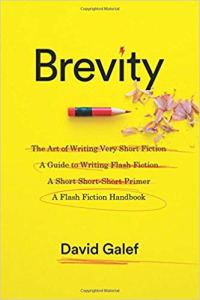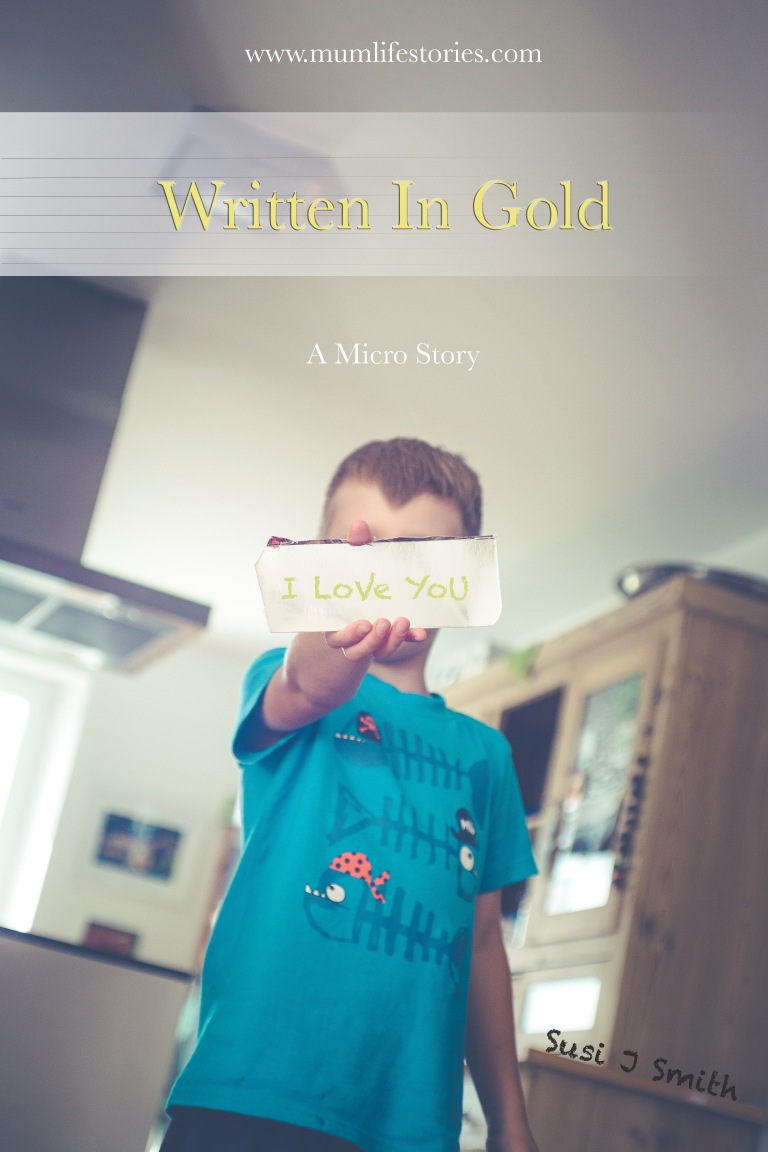I’d like to thank Margaret Koger of the US for her true story submission “Troop 123’s Annual Popcorn Fundraiser”, a sentimental tale about the joys of grandparent duties.
Margaret is a retired school media specialist with a writing habit living in Boise, Idaho. She says she writes in hopes of adding small strands of connective tissue to our shared web of life. Most of her recent publications include poetry and short stories published locally and online. One of her favourites can be found at https://www.idahomagazine.com/contests/fiction-writing-winners/christmas-in-central-cove-2015-first-place-adult-division/.
Margaret tells us “My memoir recounts the days I spent helping my grandson earn money for his Boy Scout activities and for the troop he belonged to–actually Troop 123. Of all that I did for my grandson as he went through the teen years, this was the best. I stood in the background watching him walk door-to-door for his fundraiser–how he presented his invitation to buy and how people reacted. Truly a Grand Mum experience and an honor to write about.”
This page contains affiliate links which may earn me a small commission (at no extra cost to you) if you click through and make a purchase. Affiliate links help me keep this page running, thank you!
Photo Credit: Sophie Dale on Unsplash
Kindle Paperwhite: Now waterproof with twice the storage
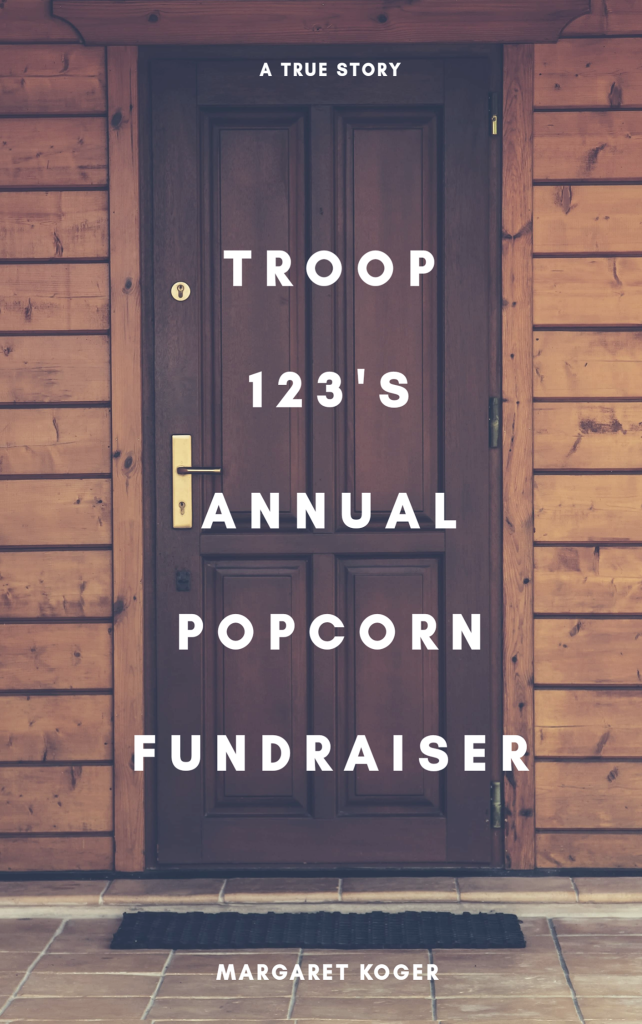
Troop 123’s Annual Popcorn Fundraiser
When I arrive at my grandson’s home, Ramsey enters the living room dressed in his uniform: tan shirt, red tie, Boy Scouts of America (BSA) tie clasp, green khaki shorts, and a worn, billed cap with its official logo. ‘Ah’ I think ‘shorts’. It’s October, the poplar leaves are turning color and there is an abundance of crisp air circulating at ground level. Never mind, I have my coat, hat, and gloves and I’m ready to walk with him as he rings doorbells and makes his pitch, trying to raise enough money to pay for next summer’s scouting activities.
He positions himself in front of each door, his sales placard front, and center, his legs spread a bit as if the opening of the door could blow him away. “Hi, I’m Ramsey and I’m here for our annual Troop 123 fundraiser. This year we have our one pound white cheddar, our …
In the short ride to Cobbler’s Creek where we’ve sold popcorn for the last four years, I have a chance to talk with the eighth-grader. I tell him the stories of his infant times when I took care of him while his mother worked. He’s fifteen now, six foot two, recumbent where he’s seated in my little Subaru like a willowy sapling bent down and ready to spring up when released. I turn the radio on and we discuss music, the “Okay” radio station because it plays everything. “Really I like 80’s and 90’s music.”
I’m sure I’ll recognize and enjoy some of the popular songs from these two “long ago” decades so I say, “Yes,” even though I’ve become a classical music fan, mostly listening to CDs from the late 19th and the early 20th Century.
“So much of the new rap is nothing but a joke.” he adds.
I think of one reason he loves music so much. Band is his favorite subject where he specializes in percussion: drums, xylophone, cymbals, and so on. His junior high music teacher leads an after school jazz band where he gets a couple of extra hours of rhythm twice a week. “Why you love music so much?” I ask. “Well, when you were a baby, I played a symphony for you every day. Every day the same symphony, written by a Scottish musician named Bantok, celebrating the Hebrides Islands off the northeast coast of Scotland. I’d hold you to my chest and we’d dance around the living room. It helps with brain development so I gave it a try.”
Echo Dot (3rd Gen) – Smart Speaker with Alexa
Photo by Lazar Gugleta on Unsplash
A song by Sam Cook comes on the radio: “She was only sixteen, only sixteen/ I loved her so/ But she was too young to fall in love/ And I was too young to know.”
“I heard this song in Portugal last month,” I say. “You used to love it!”
“I still like it, it’s just not one of my favorites now,” he answers.
Other days we talk more about school, his friends, my activities, and his family—even about my teenage years—revealing how the angst of being a teenager continues with many of the same challenges in discovering one’s identity. After ten or fifteen minutes of driving, we arrive and park. It’s time.
With Ramsey, even selling popcorn is rhythmic. Beyond the ring of the doorbell, the wait, more waiting, the sometimes appearance of a person, managing the door, the screen door, the dog, and the all-important pitch. For a couple of hours in the evening, after the workers arrive home and settle in and even during dinnertime, people will answer the door and buy popcorn although we get plenty of unanswered doorbells and “not interested” responses.
Others don’t want popcorn, but they donate cash, anywhere from a couple of bucks to $10 or even $20. One evening as we looped back from a culdesac a woman came out of a house where no one answered the doorbell. In bare feet, she crossed the street to hand Ramsey a $20 bill. “We don’t want the sweets, but I wanted to help you guys out,” she said.
Older people like to draw Ramsey out. “How long have you been in scouts?” “What does the money you raise go for?” “My husband was in scouts and both my boys.” One remarkable young man says, “I see the order form hasn’t changed since I was selling!”
“You again!” one woman exclaims. Each year she’s reported on the health of her husband, a former Eagle Scout and WWII Medal of Honor winner. Last fall she thought they’d have to move because he couldn’t climb the stairs. Then, last summer he died—and she still doesn’t know how much she’ll receive in benefits—she’ll have to pass on buying this time. “You may have read about it in the paper. He was ninety-two,” she says. “It was time. I’m ready too, I’m eighty-eight, and I’m tired.”
“So sorry,” we reply. “So sorry.”
This year, for the first time, several people have insisted we both come inside, “You too,” they say as they wave for me to come in. For some, it’s a change that quiets the dog, for others, it’s about hospitality. “I won’t bite,” says the owner of Jana’s Haircutting Store. Another woman is watching Ken Burns Viet Nam program on public television. “It’s so awful,” she cries. “We didn’t know and those protesters did!”
“Did you say when the delivery will be?” an older buyer asks. “Just before Thanksgiving,” Ramsey assures her.
“That’s such a long time from now! We’ll forget we ordered the popcorn,” she exclaims.
“Well, we have to have a lot of time to sell,” Ramsey replies.
And I know he’s thinking of all the streets we walk, up and down, offering the caramel corn and yogurt pretzels that many people are wary of—giving up sugar, not eating corn, bad for our health—and how they often buy anyway. Who can resist a six-foot-two beanpole with short hair and a face reddened by the chill holding such luscious illustrations of popcorn?
“I’ll be using whatever I buy as gifts,” one buyer says and she orders large bags so she won’t be tempted to open them for her own use. It was as we left her house that Ramsey said, “Sell now, sneeze later. I just found out I’m allergic to cats!”
Since seventy-three percent of the sales apply to camping fees, troop activities, and funding for the national organization, each sale is really a donation. But I know the sugary temptations increase the buyer’s desire to help. Ramsey and his brother Riley have sold enough popcorn in the past to completely fund their camp excursions, as well as adding to troop funds, which earns them praise for being role models to younger scouts.
But I think the contact with people in their homes and the push of learning to talk with strangers has been the most invaluable part of the activity for the boys. As cute little guys, when they rang the doorbell, lots of people were charmed into buying. Now it often takes a man answering the door. He may have a hard time saying no to the gangly eighth-grader who prompts memories of his own youth when growing up was so hard to do.
Selling popcorn door to door wasn’t anything I ever expected to be a part of; however, as I stand on the sidewalk holding the order sheet and pen at the ready, I’m eager to smile and wave to whoever opens the door—yes, he has an adult with him and she’s glad to be here.
Thanks
Thank you for reading this blog, if you’d like to submit a story for consideration to be published, please visit our submissions page.
If you’d like to keep up to date with all the latest stories, news, promos (including writing competitions and giveaways) plus receive a FREE Ebook, sign up to our mailing list here or fill in the form below.
Get your FREE Ebook
The pace and intensity of our lives, both at work and at home, leave many of us feeling like a person riding a frantically galloping horse. Our day-to-day incessant busyness — too much to do and not enough time.
With this ebook you will learn to approach your days in another way, reducing stress and getting results through prioritizing, leveraging and focus!



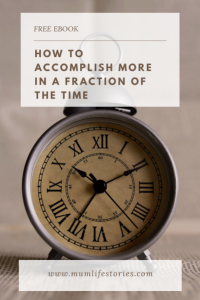

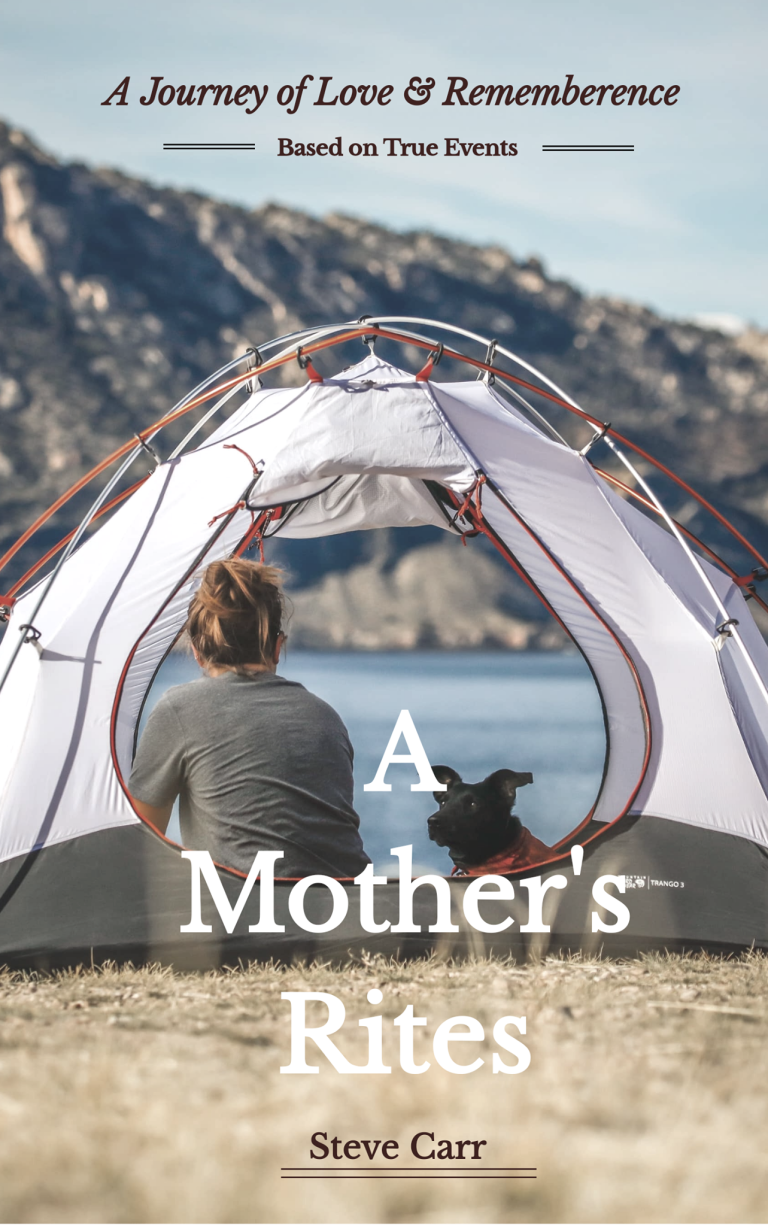

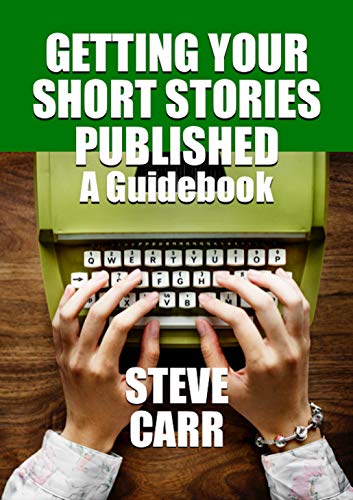
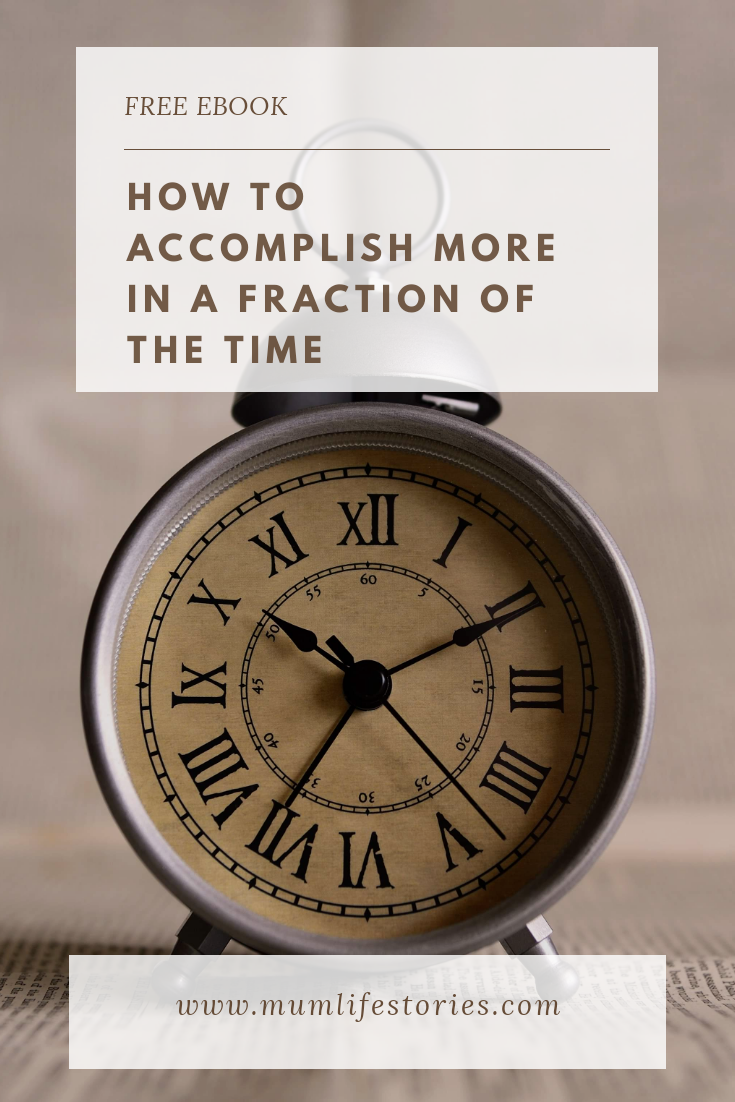


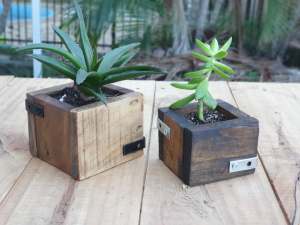

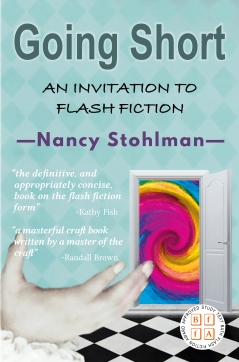 Going Short: An Invitation to Flash Fiction
Going Short: An Invitation to Flash Fiction 
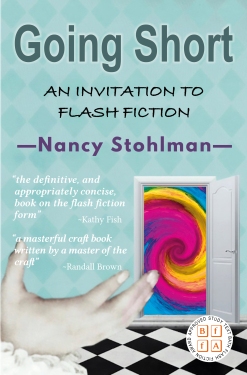 Going Short: An Invitation to Flash Fiction by Nancy Stohlman
Going Short: An Invitation to Flash Fiction by Nancy Stohlman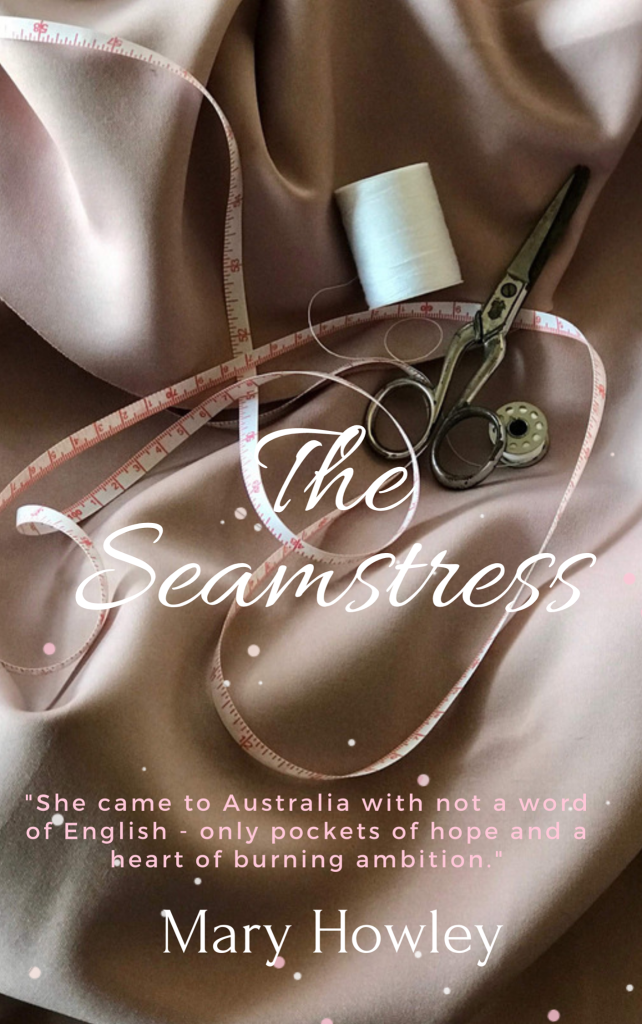
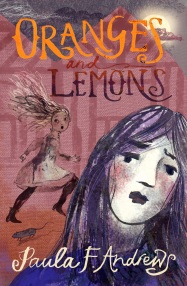
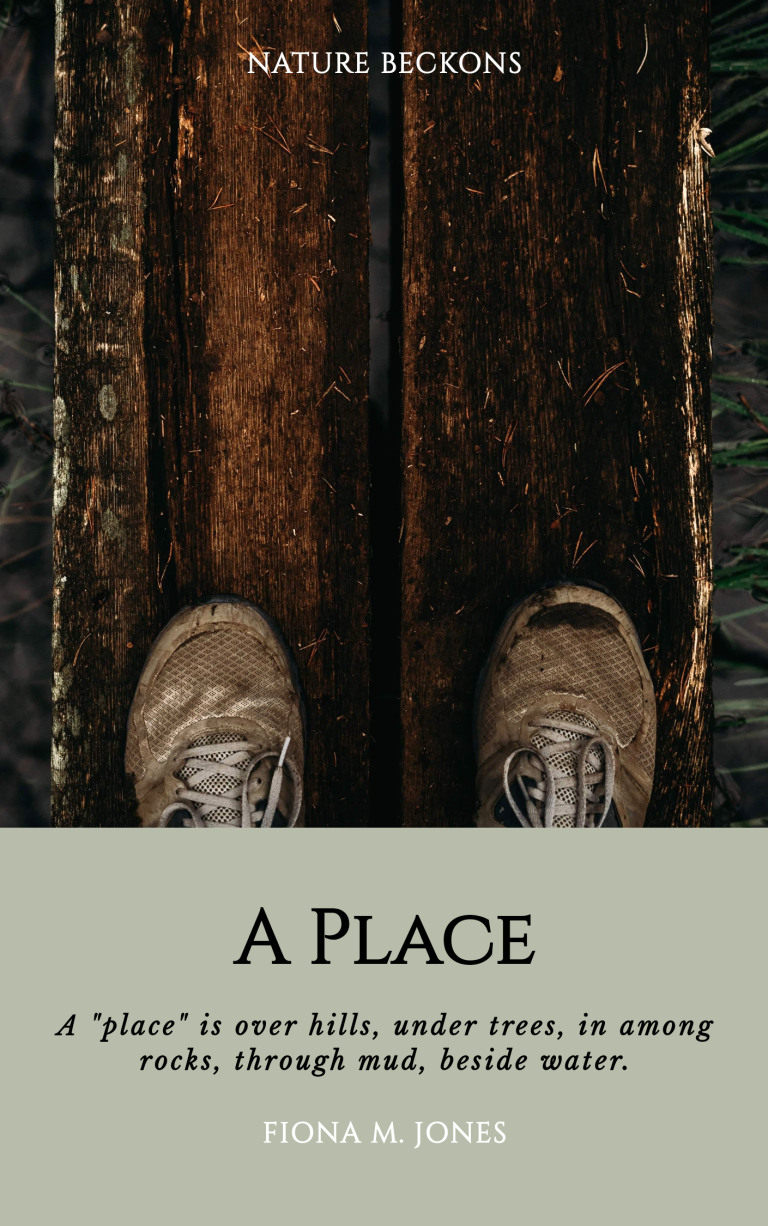
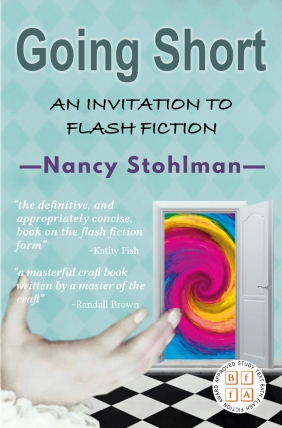 Going Short: An Invitation to Flash Fiction by Nancy Stohlman
Going Short: An Invitation to Flash Fiction by Nancy Stohlman